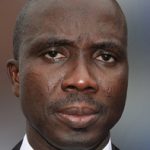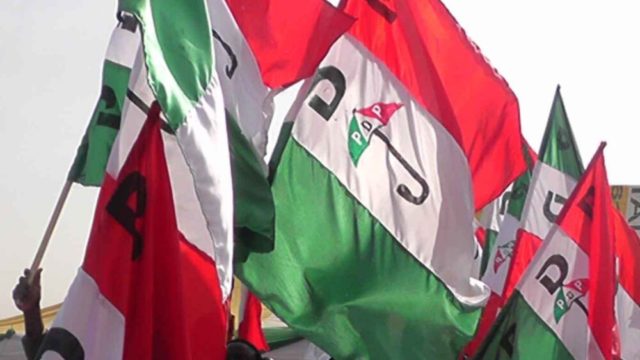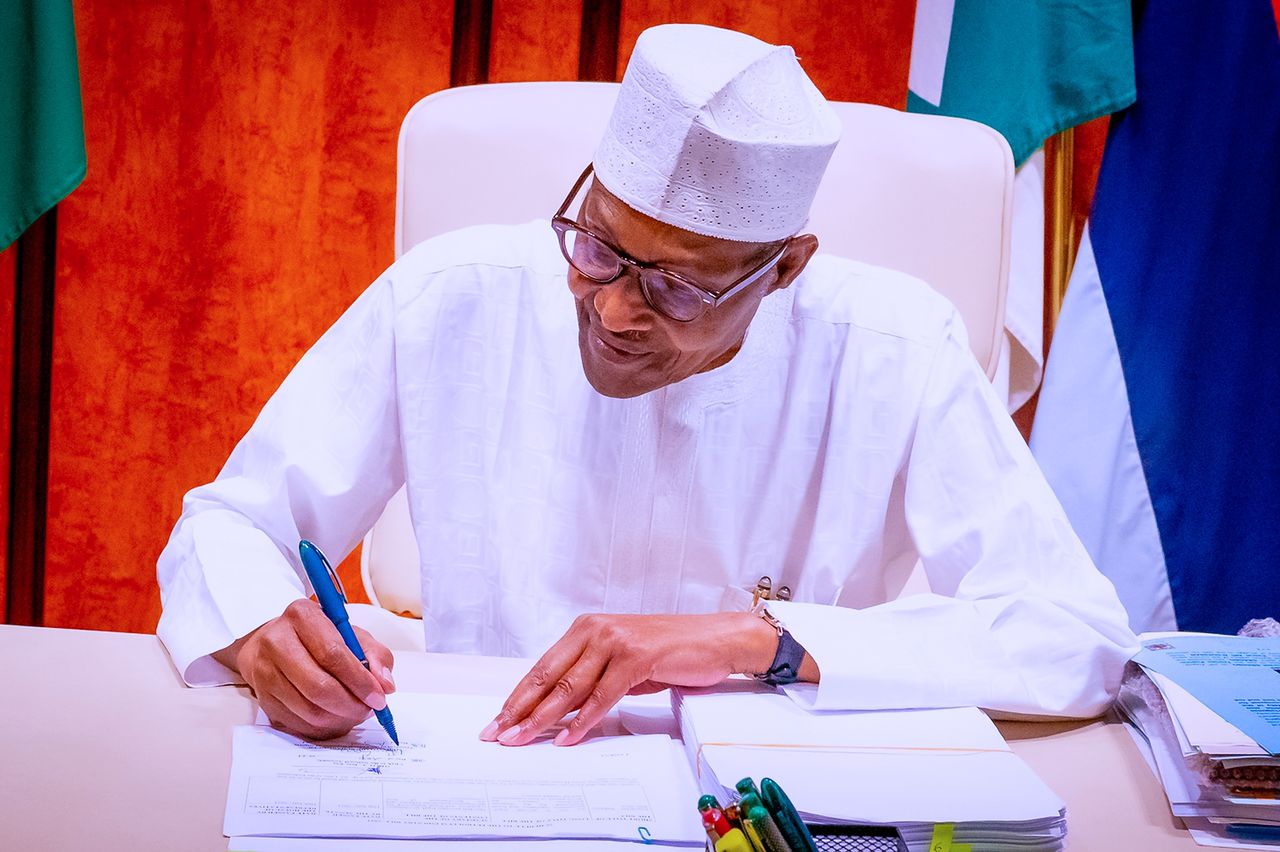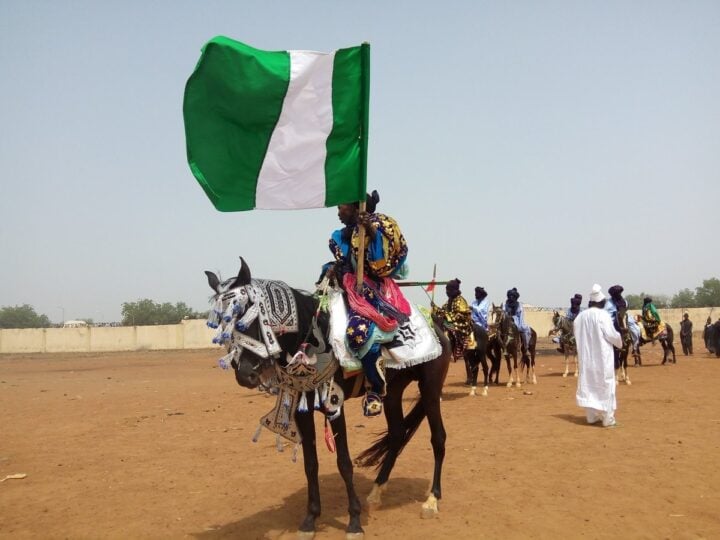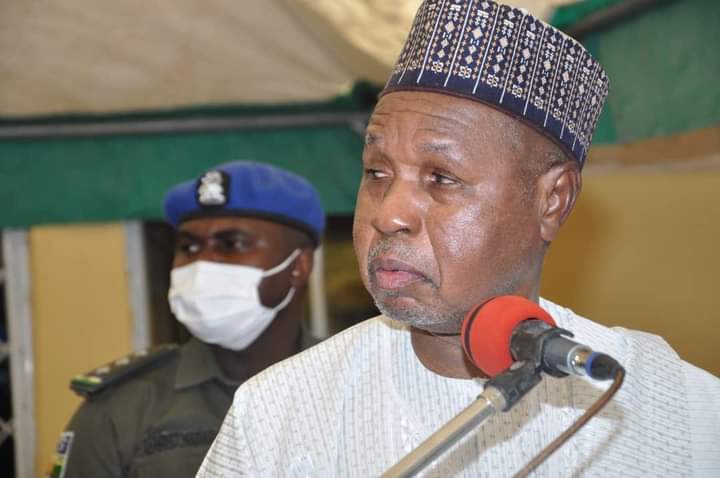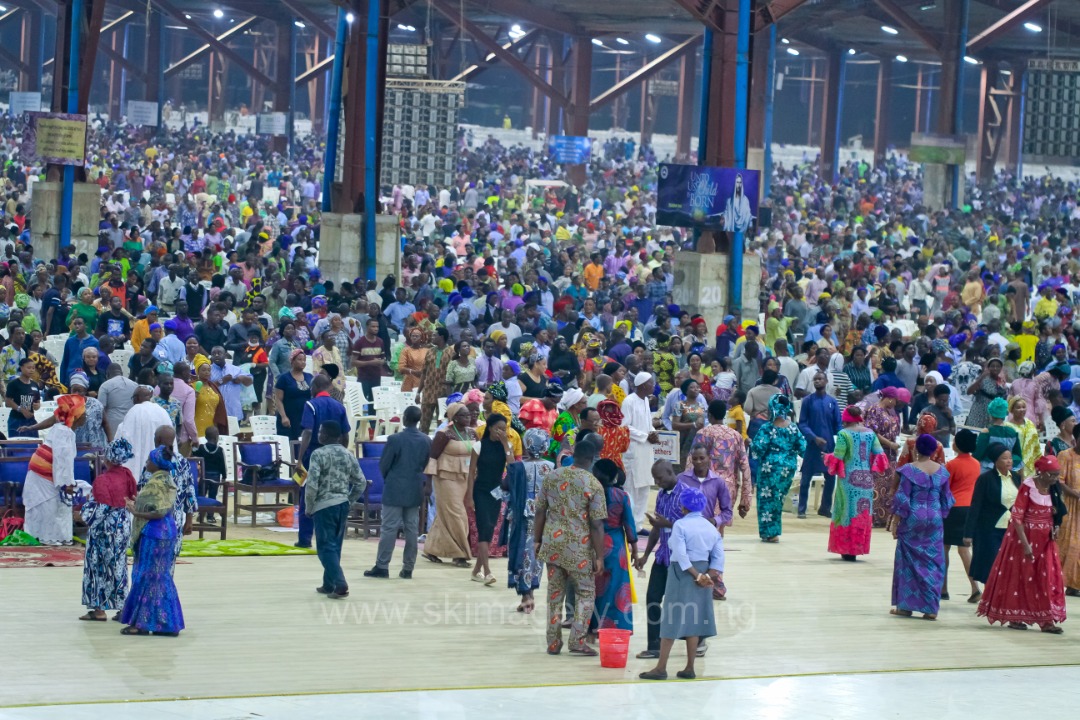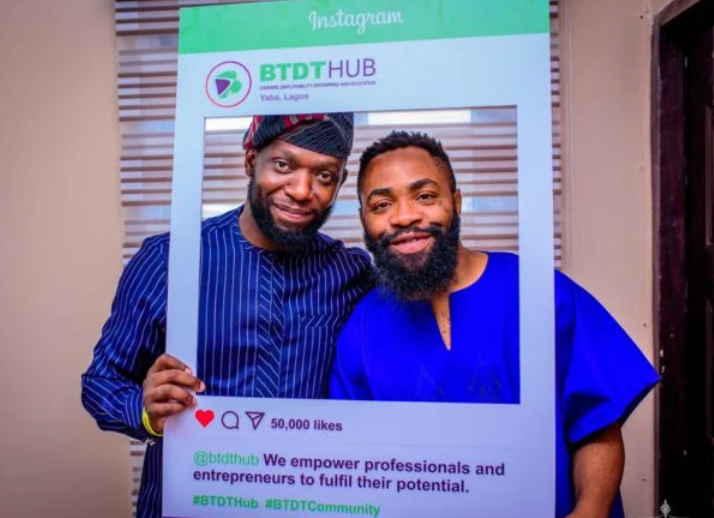Though in the 32-year staggered history of democracy in Nigeria, the country has never experienced a one-party system, it is not for the lack of trying. The country’s political history is replete with attempts by the ruling parties, at different times, to sink the opposition and impose a one-party regime on the country.
Some people believe that if not for the military incursion in 1966, the Nigeria National Democratic Party (NNDP) was already planning to eclipse the rival Nigeria National Alliance (NNA) and emerge as the only party in the country. It was believed that the imprisonment of Chief Obafemi Awolowo, the brazen manipulation of the 1964 Federal and 1965 regional elections in the Western region and the appointment of Dr. Nnamdi Azikiwe as ceremonial president, a post which precluded him from partisan politics, were strategic moves to enervate and disorganise the opposition.
Also, the impudent manner in which the National Party of Nigeria (NPN) rigged the 1983 elections in which its victory was dubbed ‘moon slide’ victory signified the sinister plan to foist a dictatorship on the country. Despite the serious economic crisis, corruption, and general misrule that the nation experienced, the ruling NPN came out of that election having two-third of the members in both chambers of the National Assembly. It also produced 12 of the 19 State Governors. Many believed if the Buhari coup of December 1983 had not overthrown the civilian government, by 1987, only the NPN would have been competing against itself.
By the time of the 2007 elections in which Alhaji Umaru Musa Yar’Adua emerged as President, the Peoples Democratic Party (PDP) was also becoming confident to such an extent that its oligarchy was already talking of ruling for 40 years. That was a declaration of a desire to become the only party in the country. And at one time, the PDP had 24 State Governors out of the 36 (two-third) and a comfortable figure in the National Assembly to make it toy with a one-party system.
Advertisement
The luck that Nigerians had in the 16 years of PDP was that the party truly represented the diversity of Nigeria as all the tendencies in the country were well manifested in the composition of its hierarchy. Also, the party never had an almighty figure who the rest of the members deferred to or were afraid to challenge. Thus, at that height of the control of the nation’s jugular, the PDP constituted a virile opposition to itself.
The closest figure to the strong man with an iron-clad that the PDP paraded at the height of its glory, President Olusegun Obasanjo, faced constant internal challenges to his decisions, policies, and programmes. This was why the attempt by a clique within his government to amend the constitution and elongate the tenure of the chief executives at federal and state levels failed due to stiff opposition within the PDP. A PDP-controlled National Assembly voted it down during a session broadcast live on television with members rising in the full glare of the camera to vehemently oppose it.
Now, the nation is on the verge of a veiled but determined resurgent of the plan to turn it into a one-party State. As it was in the three past attempts, the ruling party, the All Progressives Congress (APC) is treading the same path and re-enacting the old anti-democratic ploy. The current campaign to get all governors and federal legislators to defect to the ruling party is one leg of this plan. I will dwell more on this later. Another move towards actualising this plan is the reigning culture of silence in the National Assembly in which anything the Presidency wants it gets.
Advertisement
There is also the suspicion that there is a pre-election rigging plan for the 2023 elections and those who harbour this suspicion usually query why APC took it as a party policy to frustrate the introduction of new measures that will make the political process more credible, free, fair, peaceful and modern. The fact that all APC members in the National Assembly voted against the provision on the introduction of the electronic transmission of election results contained in the Electoral Act (amendment) Bill 2021 is a testimony to the fact that they only rigidly toed a party line.
The APC already has 22 Governors and 70 Senators. This is just two governors and three senators short of having the two-third majority in these key power centres. The continued onslaught on governors and federal parliamentarians elected on the platform of the PDP is the rehearsal towards the one-party system plot. The real plan is to create a situation where when APC claims or declares a ‘landslide or moonslide’ victory for itself in the 2023 elections, it would be easy to justify such declaration because the perception of a party that all politicians found irresistible has already been dubiously created.
The scenario setting which the APC is creating before the 2023 elections however needs to be interrogated. What will make any reasonable Nigerian prefer the APC at this point? This is a party that came to power on a popular mantra of “change” in 2015. People mistook the ‘change’ for change in the fortunes of Nigeria and Nigerians, a positive change for a better Nigeria which has changed to the path of rapidly fulfilling her manifest destiny as the greatest nation in Africa, the one that Black people all over the world will be proud to showcase as their origin.
The APC oligarchs, even specifically, defined areas where Nigerians should expect positive changes: Security, Economy (including youth employment), and fight against Corruption. Today, in all these areas, Nigeria has been 1000 percent worse off. In 2015, while the insecurity was limited to about four of the states in the Northeast, today all the 36 states including the federal capital are experiencing different levels of kidnapping, banditry, insurgency, ritual killing, cultism, and armed robbery. The country is now the third most unsafe country in the world.
Advertisement
The rate of unemployment is so high that the growing population of youths which should form the engine of economic development are fast becoming an army of destabilization and contributing to the high level of insecurity. In the World Poverty Clock compiled by Brookings Institute, as of 2018, Nigeria with estimated 87 million people living on less than $1.90 a day, has become the poverty capital of the world. The situation has since got worse.
Other indices placed Nigeria as one of the five most violent places in the world. In the same way last year, the country in the 2020 Transparency International Corruption Perception Index went down by three ranks as it is now in number 149 out of 180 countries. The National Bureau of Statistics also reported that as of the end of last year, the number of unemployed Nigerians rose to 23.19 Million. That was 6.5 percent higher compared to the 21.77 Million recorded by the NBS in the second quarter of the same year.
With these statistics, it is obvious that an unrigged referendum on the question of whether the lives of Nigerians are better in the last 74 months when the APC has been in power than before will get a resounding NO as an answer. Beyond the poor performance of the APC in governance, its rank is seriously divided. In more than half of the states, it has factions. Similarly, it is unable to constitute an elected National Working Committee as provided by its constitution. Just as it has not been able to constitute the Board of Trustees since its inception in 2014. In fact, a recent controversial Supreme Court verdict has raised the issue of the legality of its henchman, the Interim Caretaker Committee Chairman, Mai Mala Buni who happens to be governor of Yobe State.
If the above is true, then how is APC getting these governors, Senators, and other politicians from the opposition parties to defect into it? What is the quartet of Buni, his brother governors in Kebbi, Jigawa, and Attorney General, Abubakar Malami, SAN, telling the governors, senators, and high profile members of the opposition parties? Why is the Attorney General, the chief law officer of the nation, a member of the recruiting cabal? So many questions.
Advertisement
One can only attempt to answer the questions. It seems to me that in the absence of genuine and well-founded popularity or good performance by the ruling party that could make it a preferred destination partisan platform, some underhand game is going on. And this game will unravel very soon. One may guess that the targeted converts are simply told that they either join the APC and be a shareholder in the party that is set to win the 2023 elections, no matter the situation, or lose out. And the target may also be reminded that when he or she loses out, his or her ‘sins’ will not be forgiven. And as we all know, many top political office holders are actual ‘sinners’.
Thus, the desire to be part of a clique that will determine the fate of Nigeria whether the votes go their way or not and the need to get forgiveness of the ‘sins’ are the motivating factors for the defection into a non-performing and divided APC. These are perhaps the only reasonable deductions one can make from the defections at this time. However, the defections are also the stuff with which a one-party system is made.
Advertisement
Though the one-party system is almost the same thing as a dictatorship or at least, it creates a breeding ground for dictatorship to thrive, there are societies where a one-party system or lack of western democracy has also allowed development to thrive. Today, Rwanda is doing very well. Saudi Arabia, the United Arab Emirates, and other oil-rich Arab countries do not have democratic governments. Yet, there is genuine development and real improvement in the standard of living of the people. Even, the socio-economic transformation that has been recorded in South-East Asia took place under undemocratic regimes.
However, the experience that Nigerians have had under the APC shows that things can only get worse under the control of the Party. Whether APC becomes the only registered party in Nigeria or the behemoth with the ability to swallow or overwhelm all the opposition parties or not, there is no indication or assurance that its performance in office will improve or it will be ready to fulfill its promises to the people in the areas of security, economy or fight against corruption.
Advertisement
That is why Nigerians need to be on the watch out. They must not abandon the political space and allow the ruling party to wipe off the other opposition parties. Rather, Nigerians should be ready to empower different opposition platforms and ensure that we create viable alternatives to the ruling party. We should not allow anybody to deny us the right to make choices and punish ruling political parties whose members have demonstrated incompetence and inefficiency while holding the lever of power. Any attempt to impose a one-party system or a replica of it in our polity will exacerbate the crises that daily confront us. Such a move must be resisted. In 2023, people must be elected into office in free, fair, and credible polls based on their competence, capacity, experience, and ability to deliver on their promises.
Olaniyonu is a communication strategist, journalist, lawyer and public affairs analyst. He writes from Abuja.
Advertisement
Views expressed by contributors are strictly personal and not of TheCable.
Add a comment
